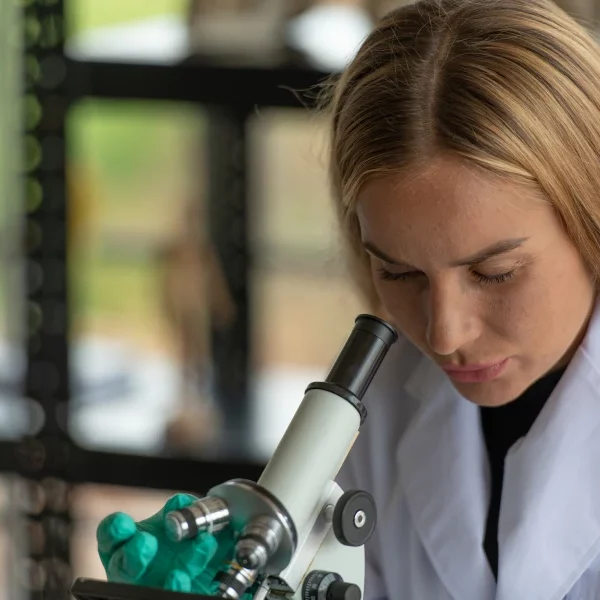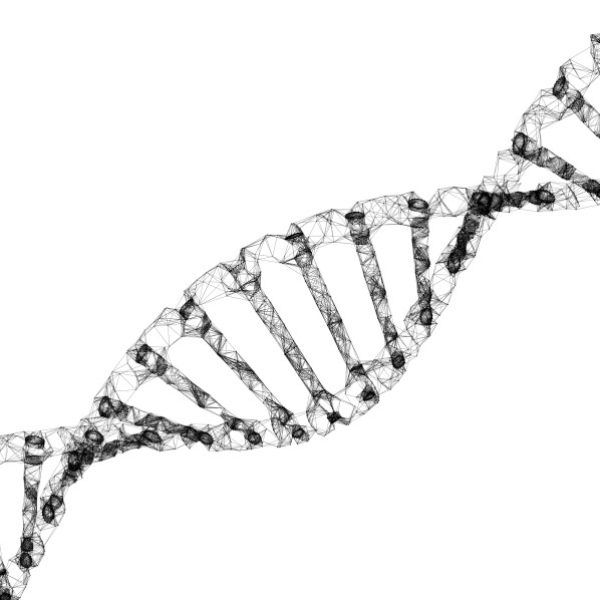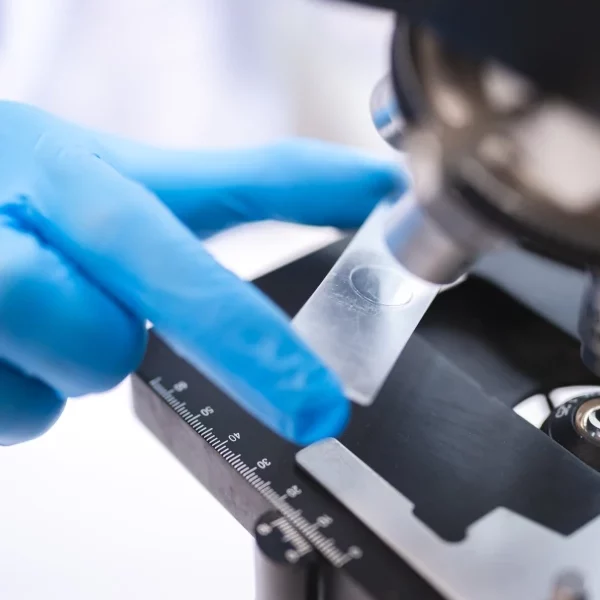
Cystic fibrosis (formerly called mucoviscidosis) is a generally serious rare genetic disease, present from birth since it is caused by the alteration (mutation) in a CFTR gene.
The name CFTR (Cystic Fibrosis Transmembrane Conductance Regulator) indicates that the gene produces a CFTR protein, which is found on the cell membranes of various epithelia and which is responsible for regulating the passage of ions, such as chloride and bicarbonate.
Each individual has two copies of the CFTR gene, one of paternal and one of maternal origin. Those who are born with CF have inherited two mutated copies of the CFTR gene, one from each parent. Typically, father and mother are healthy carriers of one copy of mutated gene, often without knowing it. In Italy, approximately one in every 30 people are healthy carriers of CF. When both parents are healthy carriers, there is a one in four chance with each pregnancy that their child will inherit two mutated copies of the gene and therefore have the disease.

Cystic fibrosis alters the secretions of numerous organs, making them thicker, dehydrated and sticky, which results in organ damage. The bronchi and lungs suffer the most damage: inside them, mucus tends to build up and stagnate, making the infection and inflammation worse. When these conditions persist over time, they tend to lead to respiratory failure. In addition to respiratory symptoms, there are those affecting the pancreas, which does not perform its regular function of releasing enzymes into the intestines for the food digestion. This results in diarrhea, malabsorption, poor growth in children and nutritional deficiencies in adults. With age, the progressive damaging of pancreas often leads to a form of diabetes. Other manifestations may concern the intestines, liver, nasal cavities and, in male patients, the vas deferens. The sweat glands are usually compromised as they produce sweat with high levels of salt. The sweat salt level is an important indicator used for an essential diagnosis tool, a sweat test. The symptoms described can vary greatly from one person to another, due to a combination of genetic and environmental factors.
Until about a decade ago, treatment focused exclusively on managing symptoms and preventing complications. Today, there are internationally shared therapeutic protocols that are tailored to each patient’s age and symptoms at specialized centers. Generally, these protocols include antibiotics for lung infections, aerosolized antibiotics and mucus-thinning medications (mucolytics), respiratory physiotherapy, digestive enzymes, high-calorie nutrition, and treatment of complications. For patients facing irreversible respiratory failure, lung transplantation is also a viable treatment option.
In recent years, new medications have been introduced that aim at correcting the mutated CFTR protein. Defective CFTR proteins are targeted for correction based on various gene mutations. These treatments, known as CFTR protein modulators, consist of small molecules that can partially restore the function of the defective CFTR protein, depending on specific gene mutations. Some of these drugs have demonstrated significant effectiveness, leading to reduced symptoms and improved quality of life for individuals with cystic fibrosis. Thanks to these drugs, we are witnessing a notable improvement in life expectancy.


Cystic fibrosis is a complex disease; severity and typology of symptoms can vary greatly from person to person. Its course and evolution may be influenced by different factors, such as age at diagnosis and the type of mutations in the CFTR gene. Research, the organization of treatment and the improvement of therapies, which follows the evolution of research, has brought significant progress compared to the 50s, when it was rare for a child with this condition to reach school age.
Today there are more adults than children with cystic fibrosis. They study, have a job, and have a family. According to the statistics, an average life expectancy goes well above the age of 40, thanks to CFTR protein modulators. At the moment, not all people with cystic fibrosis can benefit from modulators. In Italy, about 30% of people with the condition have gene mutations which hinder the production of CFTR protein or produce very little of it, and for which no modulators are available at the moment. Research is focused on finding solutions for these mutations as well, with the ultimate goal of fully correcting the defect in the CFTR protein.
